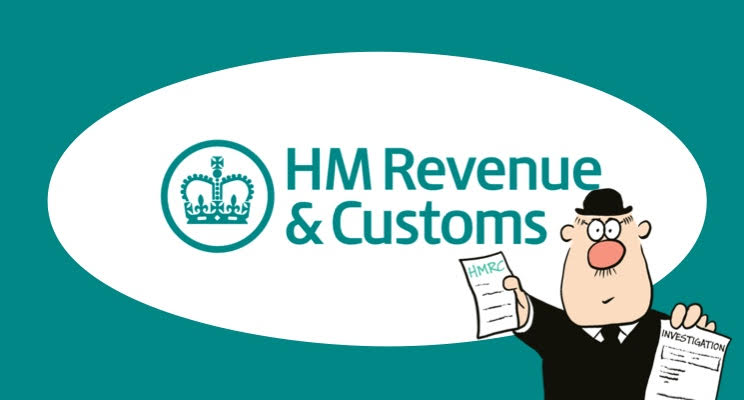Individuals and companies that pay taxes in the UK could potentially find themselves under investigation by HMRC. If you do find yourself under investigation, there is no need to panic. Unfortunately, many people fail to appreciate their rights when under investigation and potentially open other avenues for the tax authorities to investigate. There are several issues to be aware of if HMRC question your tax returns or open an inquiry under their property discovery powers.
Why might HMRC investigate your tax return?
In this instance, we are looking at the property market, which can be reasonably complex with numerous grey areas surrounding income, taxation and allowances. The use of expenses and allowances in your profit and loss account will directly impact your tax liability. The whole premise of an enquiry/assessment is to clarify whether the correct tax liability was lodged. There are two different types of investigation that HMRC can undertake which are:-An enquiry
Each time you file your tax return, HMRC have a 12-month window of opportunity in which to take a closer look at your returns. This type of enquiry does not require a specific reason and may often be picked at random. If, for example, you filed your tax return on 31 December 2020, HMRC has until 31 December 2021 to undertake this type of enquiry. The first you will hear is correspondence from HMRC confirming their investigation with a list of questions. It is important to note that this type of enquiry is not far-reaching. All of the questions must relate to information in that specific tax return. Where the questions are more wide-ranging, you are not obliged to answer them. Your accountant should write to HMRC informing them of their concerns and asking for clarity.A discovery assessment
The terms and conditions of a discovery assessment are very different to a general enquiry. A discovery assessment will only be opened where the initial 12-month window of opportunity has closed. There is also an onus on HMRC to have specific evidence proving that an investigation is warranted, i.e. a loss of tax income. While any investigation could result in additional taxation, interest and financial penalties, there is an acceptance that not all errors are deliberate. There are three specific discovery assessment categories which cover:-Incomplete disclosure
Where there is evidence of an incomplete disclosure, but this is not careless or deliberate, HMRC can go back over the previous four years of returns.A loss of tax (due to careless conduct)
If HMRC has evidence of a tax loss due to careless conduct, they can look back over the previous six years tax returns.The loss of tax (deliberate/failure to notify)
This is the most severe discovery assessment category, where a tax loss has been identified. The reason may include a deliberate action, failure to notify a liability or the use of tax avoidance schemes. In this instance, HMRC can go back over the last 20 years of tax returns. As you can see, all of the potential reasons for issuing a discovery assessment are time-barred. Therefore, if HMRC tried to delve into tax returns outside of these timescales, you are not obliged to assist.Who foots the bill for an HMRC discovery assessment?
The main concern with a discovery assessment, and general enquiry, is the potential cost. It matters not whether HMRC can prove any discrepancies and loss of tax income. However, as you will need to use the services of your accountant and possibly a solicitor to gather the information and present your case, it can be costly. While some enquiries can be relatively short, some can last for years and lead to tens of thousands of pounds in costs. These costs are not recoverable from HMRC, even if you are proved “innocent”. Many companies and individuals take out fee protection insurance, often via their accountant, to cover the expenses of an enquiry. As the cost is potentially unlimited, this type of insurance is popular.What may prompt an HMRC discovery assessment?
Many issues may prompt an HMRC discovery assessment, but there is one key element, evidence. Three specific scenarios that would likely start an HMRC discovery assessment are:-- Admitting a mistake in your tax return after the 12 month general enquiry period has expired
- Information received via a third party suggesting a mistake/irregularities
- Errors in your tax return suggesting similar issues are likely to have arisen in previous years

